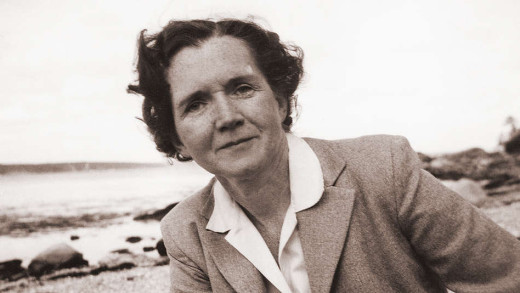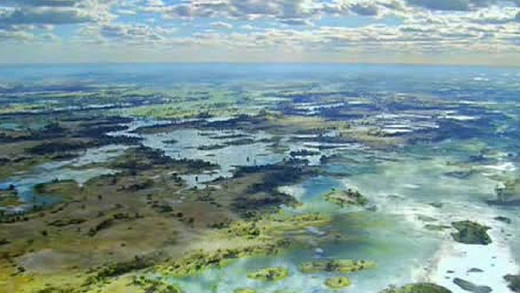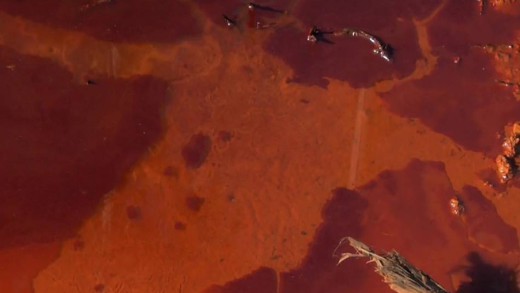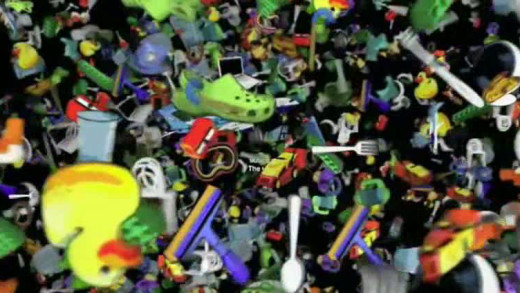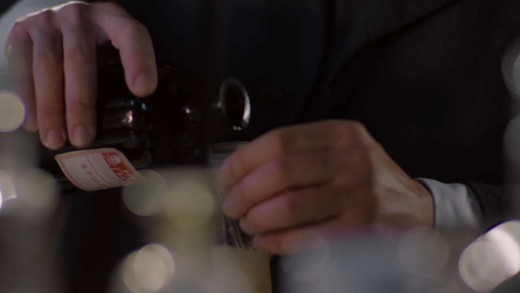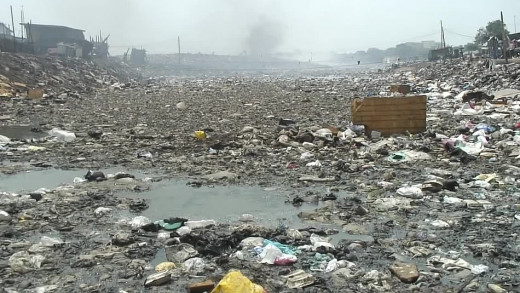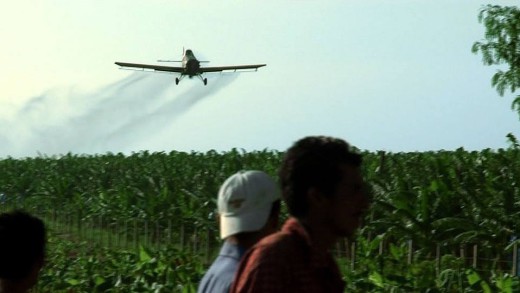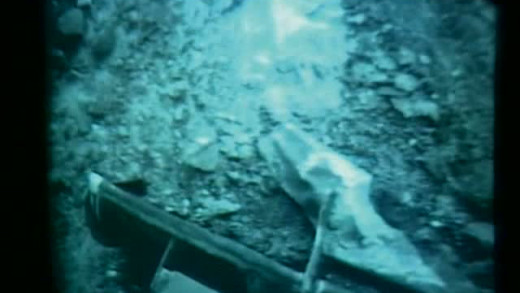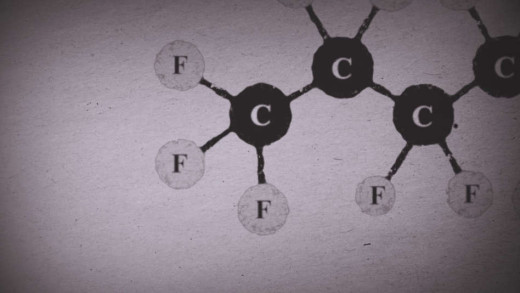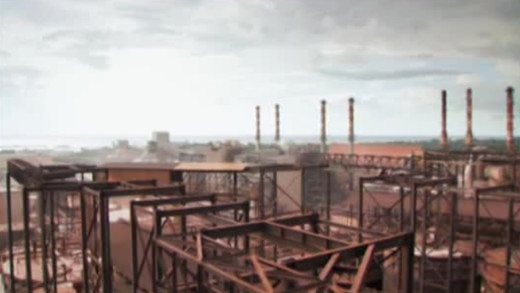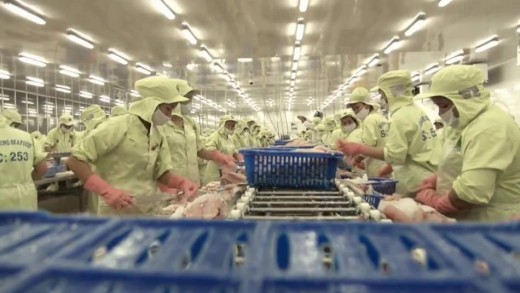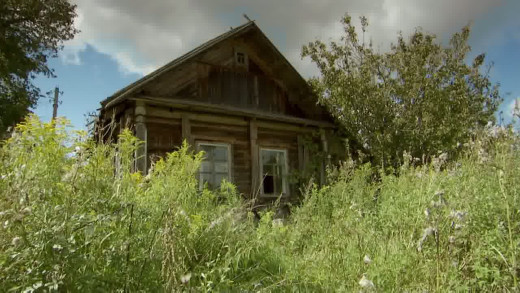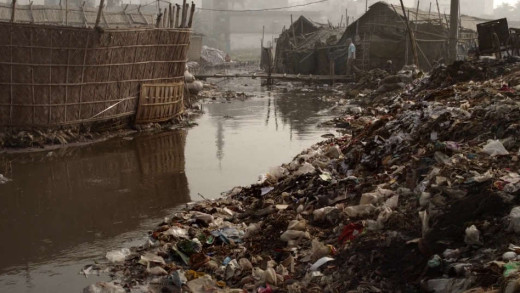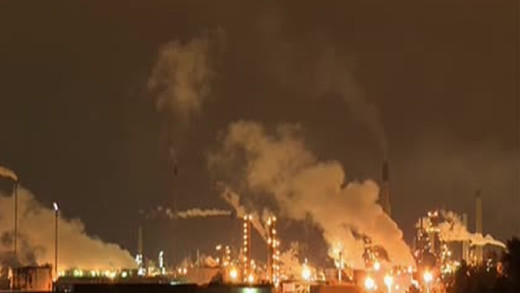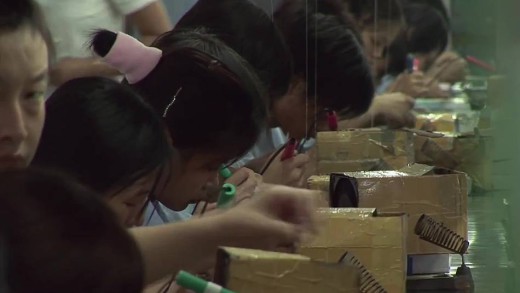This biography documents the life of Rachel Louise Carson who was an American marine biologist, author, and conservationist. Her book Silent Spring, and other writings, are widely recognised to be responsible for advancing the global environmental movement. Carson began her career as an aquatic biologist in the United States Bureau of Fisheries, and became a full-time nature writer in the 1950s, turning her attention to conservation, especially some problems that she believed were caused by synthetic pesticides. The result was Silent Spring, published in 1962, which brought environmental concerns to the public at large. Although the book was met with vicious attacks from chemical companies, Carson spurred a reversal in national pesticide policy, which led to a nationwide ban on DDT and other pesticides, and also inspired a grassroots environmental movement that led to the creation of the Environmental Protection Agency. This film is an intimate portrait of the woman whose groundbreaking work revolutionised our relationship with the natural world.
Following on from the series Planet Earth which looked at various forms of life across the globe, Planet Earth -- The Future highlights the issues of conservation and the future of the environments and species featured in the Planet Earth series. Using interviews with the film-makers and eminent figures from the fields of science, conservation, politics, and theology, the series poses questions around the effectiveness of the environmental movement, and the future of the planet. A lot needs to change in order to ward off catastrophe...
A new gold rush is sweeping through the Amazon rainforest where scores of people are bustling in to hunt for the last nuggets and specks of gold. This insatiable rush is perpetuating the further destruction of one of the largest remaining tropical forests in the world; bringing with it weapons, mercury, crime and alcoholism, and turning once pristine creeks and rivers into dumping grounds for mining. In the forest also lies the story of the Wayanas, a Native American tribe from Guiana, who are being poisoned by the mercury releases from the mining. Their communities are enduring one of the world's worst globalisation disasters, fighting back against all odds.
Plastic Planet is an up close and detailed examination of one of the most ubiquitous materials of our age, the plastic age. This controversial and fascinating material has found its way into every facet of our lives, literally. Plastic Planet takes us on a journey around the world, showing that plastics are a threat for human health and the ecosystems of the planet...
By the close of the Industrial Revolution, the food supply in the United States was tainted with frauds, fakes, and legions of new and untested chemicals, dangerously threatening the health of the public. The Poison Squad, based on the book by the same name from author Deborah Blum, tells the story of Dr. Harvey Wiley, a government chemist who was determined to banish these dangerous substances from dinner tables, and so took on powerful food manufacturers and their allies. Wiley embarked upon a series of bold and controversial trials on 12 human subjects who would become known as the “Poison Squad.” Following Wiley’s unusual experiments and tireless advocacy, the film charts the path of the forgotten heroes who together laid the groundwork for consumer protection laws in the United States, and ultimately, paved the way for the creation of the Food and Drug Administration.
e-Wasteland
Almost 50 million tonnes of electronic waste is generated worldwide, every year. A large volume of it is shipped off to Ghana, in West Africa, as "second-hand goods" where electronics are not seen for what they once where, but rather for what they've become. Without dialogue or narration, e-Wasteland presents a visual portrait of vast landscapes polluted by electronic waste, shining a light on the endless consumerism of the 1st world; and the real, pervasive, ecological impact of electronic waste worldwide.
Bananas!*
Bananas!* documents the legal battle of banana plantation workers in Nicaragua against the Dole Food Company over cases of sterility caused by the pesticide DBCP. The chemical, despite being banned, was knowingly sprayed on crops and workers. The result is the same old battle with corporate power as the film unpacks the issues of the case and the lives of the workers through the local lawyer Juan Dominguez. Dominguez bridges the gap between the rapacious North American company and the South American workers who were not told about or protected from the pesticide, to make a claim against one of the largest corporations in the world for justice for its workers.
The Battle Of Chernobyl recounts the most significant and catastrophic nuclear explosion in history -- an incident that was kept secret for twenty years by the Soviet Union and United States alike. More than 200 people died or were seriously injured by radiation exposure immediately after the explosion and many generations later, the impacts are still felt in cancers, birth defects and toxic ecology, with millions of people still suffering from radiation related health problems such as leukaemia and thyroid cancer...
The Devil We Know investigates the toxicity of perfluorooctanoic acid--PFOA/PFA, also known as C8--the key ingredient found in non-stick cookware, stain resistant furniture and carpets, wrinkle free and water repellent clothing, cosmetics, lubricants, paint, pizza boxes, popcorn bags, and many other everyday products. The film centres on Parkersburg, West Virginia, in the United States, at the DuPont facility that manufactured Teflon, and dumped at least 1.7 million pounds of PFOA into rivers and streams between 1951 and 2003, knowing that it was a carcinogen. The film follows the personal stories of several people who worked at the facility that experienced cancers and birth defects, and also reveals the detection of PFOA in the blood of more than 98% of the general US population in the low and sub-parts per billion (ppb) range, with levels much higher in chemical plant employees and surrounding subpopulations.
Aluminium is everywhere—beer cans, tinned food, cooking pans, computers, pens, cosmetics; and many medications, including most vaccinations. Though what do we know about this material? The Age of Aluminium profiles people whose health has been seriously impacted by unwitting exposure to aluminium; along with research exploring how aluminium as a known neurotoxin relates to the growing epidemic of chronic illnesses and disabilities such as breast cancer, Alzheimer’s disease, allergies, and autism. Aluminium mining and manufacturing have also created cataclysmic environmental problems in several parts of the world, as we see the devastating effects of aluminium mining in South America, and environmental disasters in Hungary and the UK. What are we doing with this material? And what can we do now to avoid the continued impacts on our lives and the natural world?
In the past 40 years, global consumption of fish has doubled. Having decimated natural fish populations globally, the industrial food system has turned to mass-scale farming practices in order to sustain the unsustainable, supplying huge supermarket chains and commercial food outlets with cheap processed fish products. What do we know about this and these processes? And what of the lives of the fish? What about their health and the health of the waters in which they're taken? Fillet-Oh!-Fish is the result of yet another indictment of the industrial food system, agriculture and factory farming—all of which have egregious implications to the health and well-being of species, and the planet as a whole. We see myriad mixes of pesticides and other chemicals, leading to toxic rivers and streams, the pervasiveness of the industrial food system, with glimpses into working conditions and processing methods, as well as the perniciousness of globalisation, with the world-wide reach of this crazy system that has hijacked a fundamental life-giver: food.
In 1986, a catastrophic nuclear accident occurred at the Chernobyl Nuclear Power Plant in Ukraine. An explosion and fire released large quantities of radioactive contamination into the atmosphere, which spread over much of Western USSR and Europe. Life After Chernobyl uses this event to show how wild nature reacts and survives when the world is suddenly rid of the impacts of industrialisation. Travelling to the site of Chernobyl, animals return, forests regrow, buildings disintegrate into grass -- perhaps saying in a rather horrific way that a nuclear accident is better for the natural world than industrial civilisation...
RiverBlue shows the toxic effects of textile production and jeans manufacturing on some of the world's largest rivers. Travelling from tanneries along rivers in India, to some of the largest jeans manufacturing factories in China, renowned river advocate Mark Angelo guides the viewer through the declining health of waterways around the world.
The Idiot Cycle investigates six major chemical companies—Dow Chemical, BASF, Bayer, Dupont, Astrazeneca and Monsanto—that are not only responsible for producing decades of cancer causing chemicals and pollution all across the globe, but also profit extensively from controlling cancer treatments and the production of drugs for those treatments. The irony is palpable. Also examined is how these very same companies own the most patents on genetically modified foods that have also never been tested for long-term health impacts like cancer. When there's dioxin in every mother's breast-milk, rivers throughout the world that no longer support life, cataclysmic environmental damage from industry and manufacturing—when do we say enough is enough?
Who Pays the Price -- The Human Cost of Electronics is a short film that seeks to humanise the largely hidden and anonymous global labour force that enables the ubiquitous technoculture, documenting the harsh conditions in which electronics are made and how this really impacts those people's lives, and the environment. Toxic chemicals, plastics, and sweat-shop working conditions all contribute to the global machine that disseminates digital technologies, hidden in plain sight. Through direct footage of factory workers, interviews with them and analysis of the conditions, Who Pays the Price asks the question of the viewer, and as a call to action to stop the exploitation and toxification of people and the natural world.
